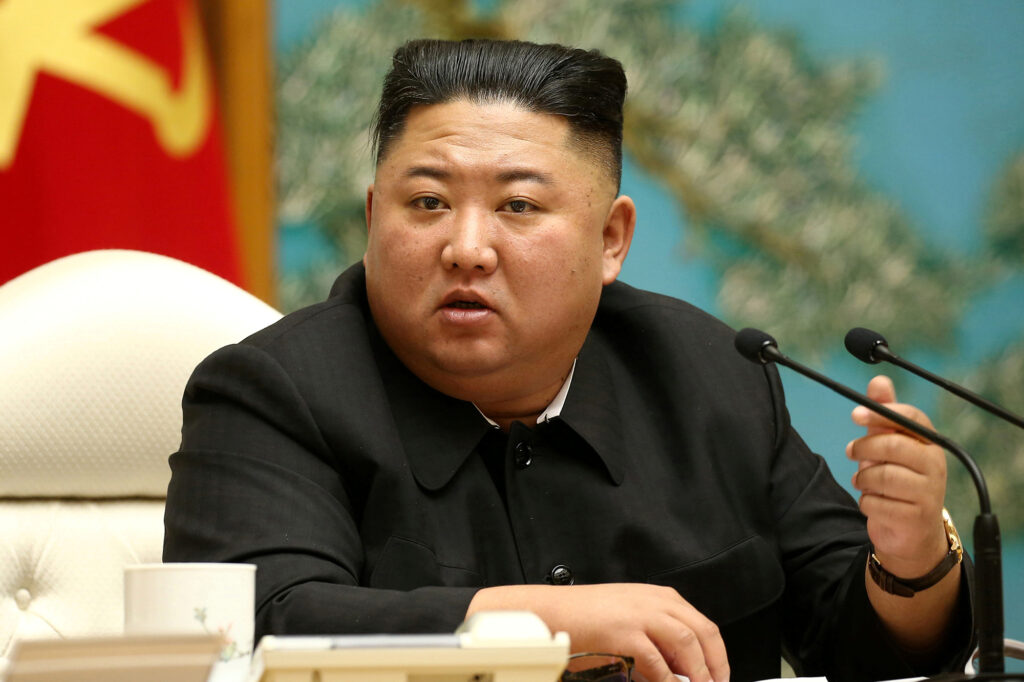
The Severity oh North Korea’s Human Rights Situation Viewed through UN Mechanisms
First, the fact that North Korea is included in UN human rights resolutions serves as an indicator that the international community recognizes the severity of the human rights situation in the country.
Second, the appointment and activities of a Special Rapporteur on the DPRK under the UN Human Rights Council’s special procedures reflect the international community’s assessment that the human rights situation in North Korea is severe.
Third, the establishment of a Commission of Inquiry (COI) to investigate North Korea in 2013 is another indicator that the international community perceives the human rights situation in North Korea as serious.
Fourth, is the fact that the United Nations Security Council (UNSC), which oversees peace and security, recognized large-scale human rights violations in North Korea as a threat to peace, and discussed North Korean human rights issues as an official agenda from 2014 to 2017 and again from 2023 to 2024.
The Severity of North Korea’s Human Rights Situation Viewed through the Human Rights Reports by the U.S. and the U.K.
First, North Korea has been designated as a “Country of Particular Concern (CPC)” under the US International Religious Freedom Report every year since 2001.
Second, according to the U.S. Trafficking in Persons Report, North Korea has been classified as TIER 3, the lowest category, every year since 2001.
Third, the UK Foreign, Commonwealth & Development Office (FCDO) selects human rights priority countries” and publishes the Human Rights and Democracy Report for these nations, with North Korea being included among the priority countries.
U.S., EU, and U.K. Sanctions on North Korean Human Rights
First, the U.S., based on the “North Korea Sanctions and Policy Enhancement Act of 2016 (H.R. 757)” and executive orders, designated a total of 31 individuals, including Kim Jong-un, and 13 institutions as targets for sanctions related to North Korean human rights across six occasions: March and July 2016, January, August, and October 2017, and December 2018.
Second, the European Union established the “Global Human Rights Sanctions Regime” in December 2020. On March 22, 2021, the EU designated Jong Kyong-thaek (Minister of State Security), Ri Yong-gil (Minister of People’s Security), and the Central Prosecutor’s Office as targets for sanctions. Additionally, on July 22, 2024, Ri Chang-dae, Minister of State Security, and the Onsong County MSS Detention Center were added to the list.
Third, the U.K. enacted the “Global Human Rights Sanctions Regulations 2020” on July 6, 2020 and designated as targets for sanctions the 7th Bureau of the Ministry of State Security, responsible for managing political prison camps, and the Correctional Bureau of the Ministry of People’s Security, responsible for operating correctional facilities.
Assessment of Rights in North Korea by International NGOs
First, Freedom House publishes the “Freedom in the World” report annually, which assesses the state of political rights and civil liberties. In 2024 Freedom in the World, North Korea received a «Global Freedom Score» of 3 out of 100 and was categorized in the “not free” group. In particular, in 2024 Freedom in the World, North Korea was included in the “worst of the worst,” being one of the 15 most oppressive regimes out of the 67 countries and territories classified as “Not Free.”
Second, Reporters without Borders (RSF) releases the “World Press Freedom Index» each year. In the 2024 report, North Korea was ranked 177th out of 180 countries evaluated.
Third, Camparitech, a UK-based cybersecurity and IT firm, released the report “Internet Censorship 2024: A Global Map of Internet Restrictions” on October 16, 2023. North Korea, along with China and Iran, scored the highest possible 11 points, ranking it among the “worst countries for internet censorship” out of the 175 countries surveyed.
Fourth, Open Doors annually publishes the “World Watch List,” which assesses the state of religious persecution in 50 countries where Christians face the most severe persecution. In the 2024 World Watch List, North Korea ranked first, marking it as the country with the highest level of religious persecution.
